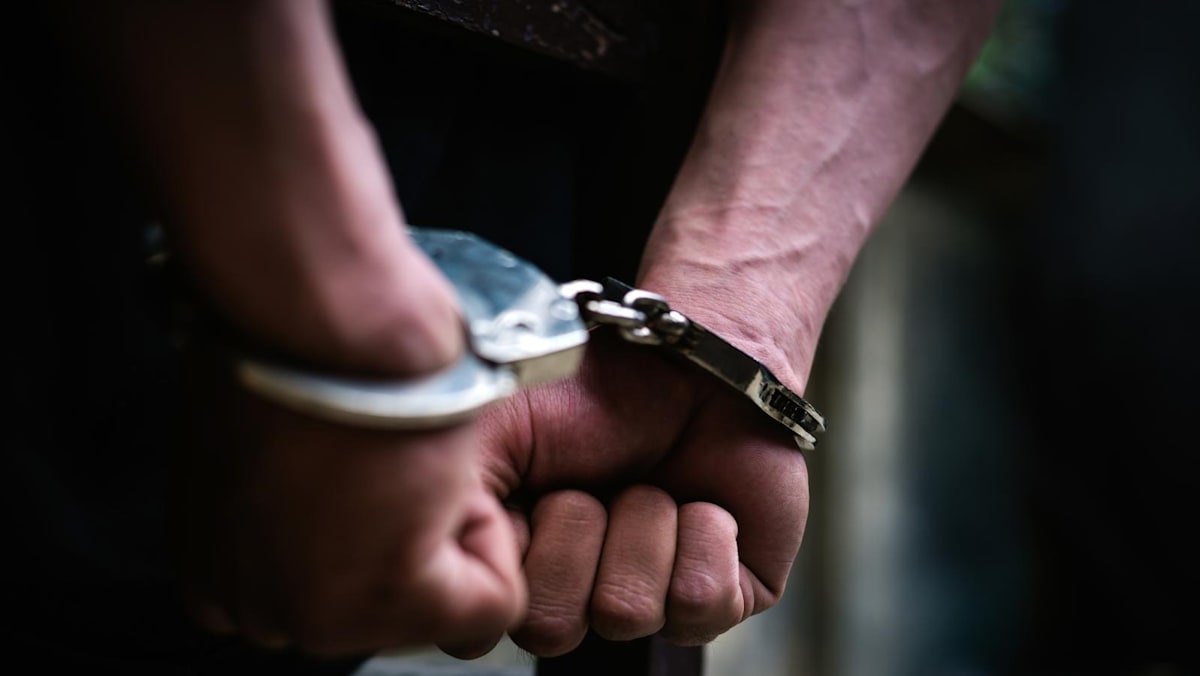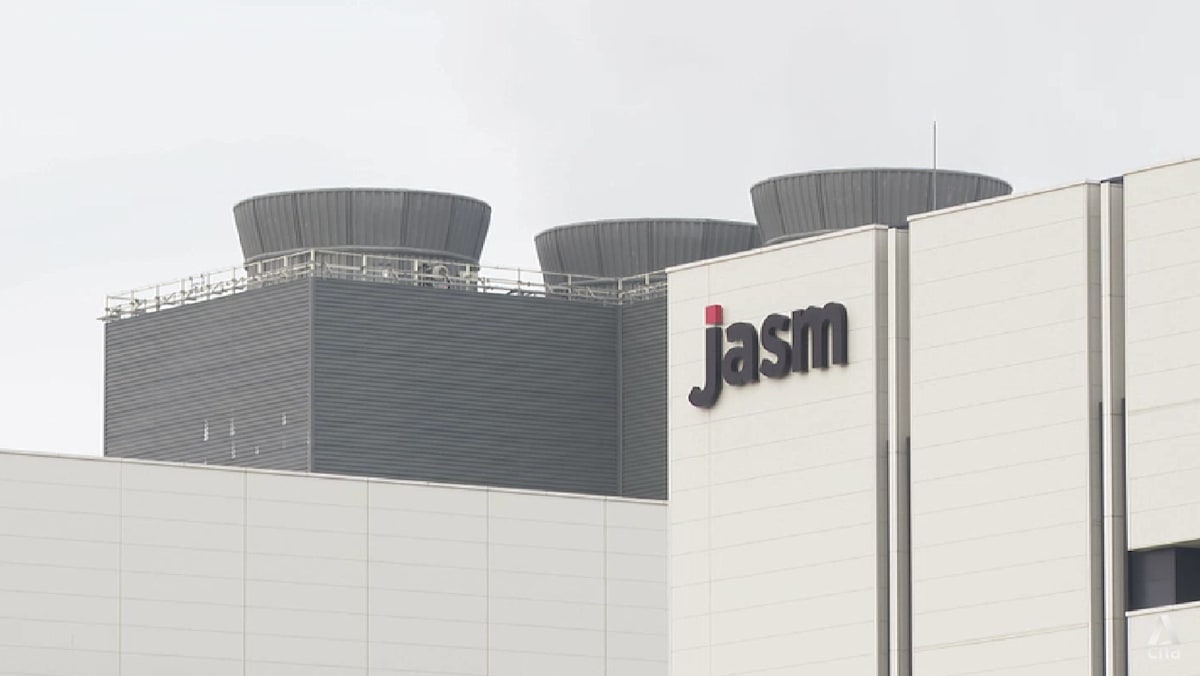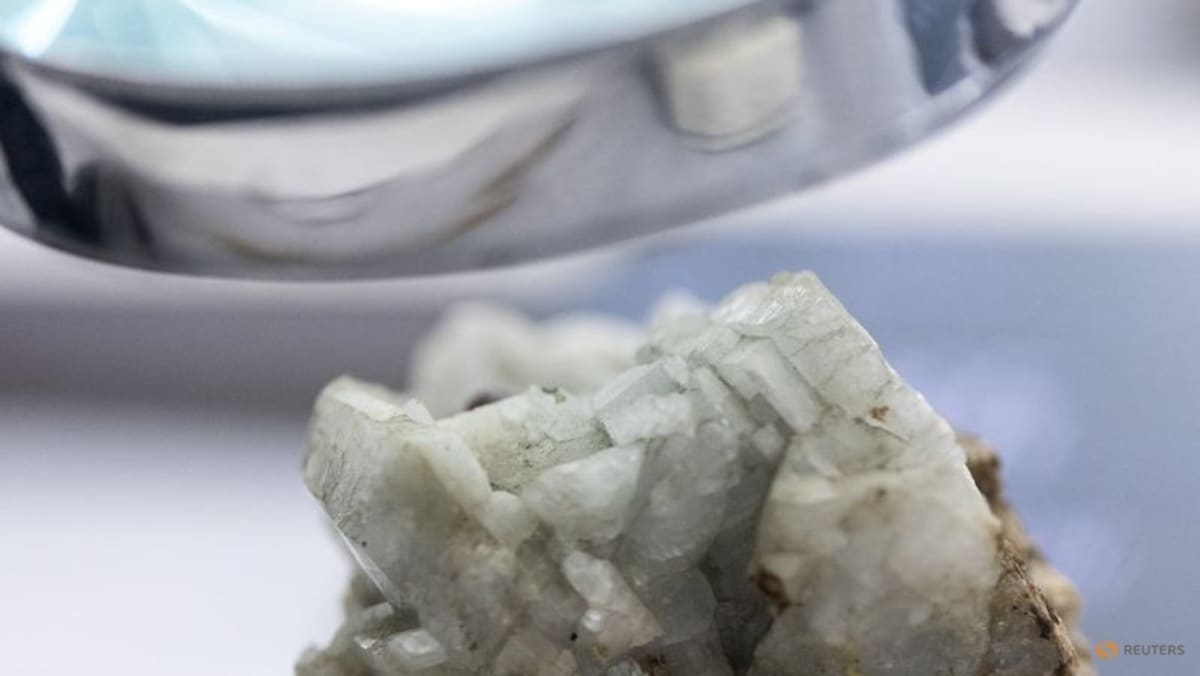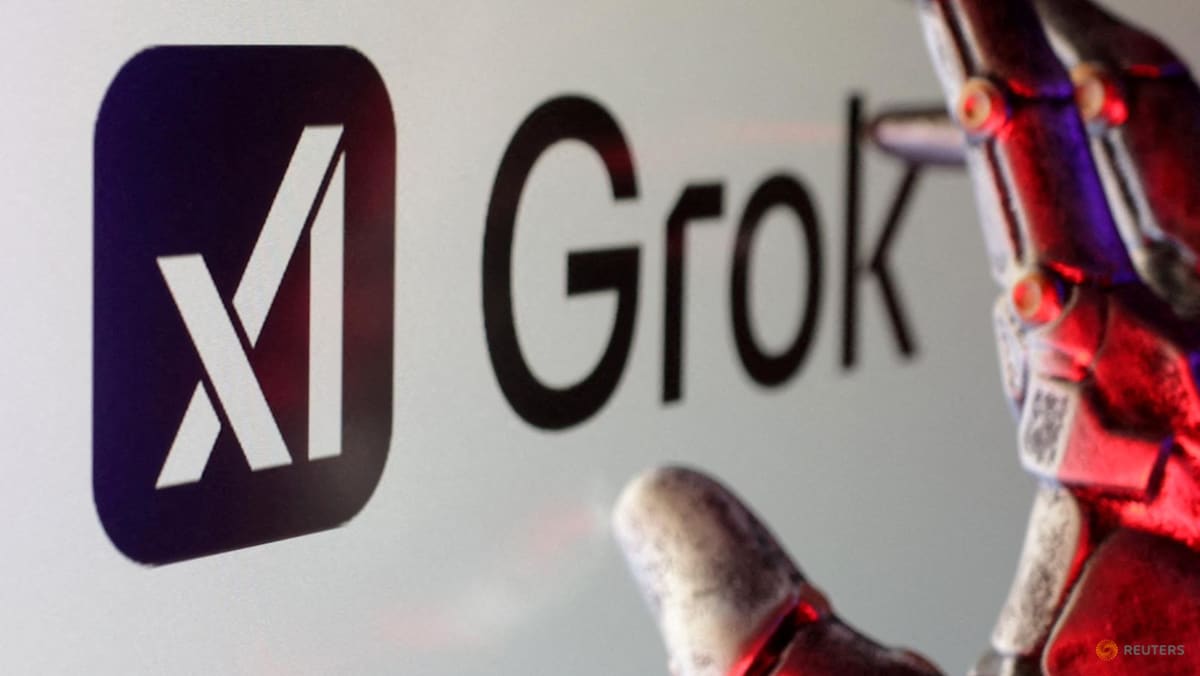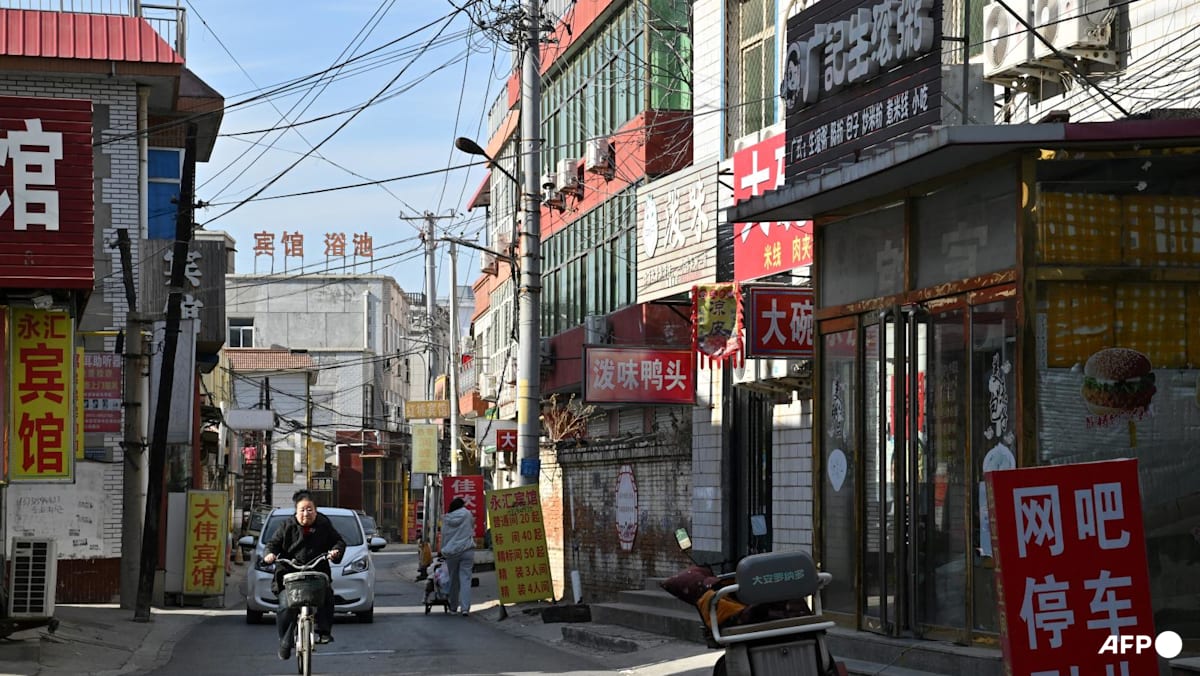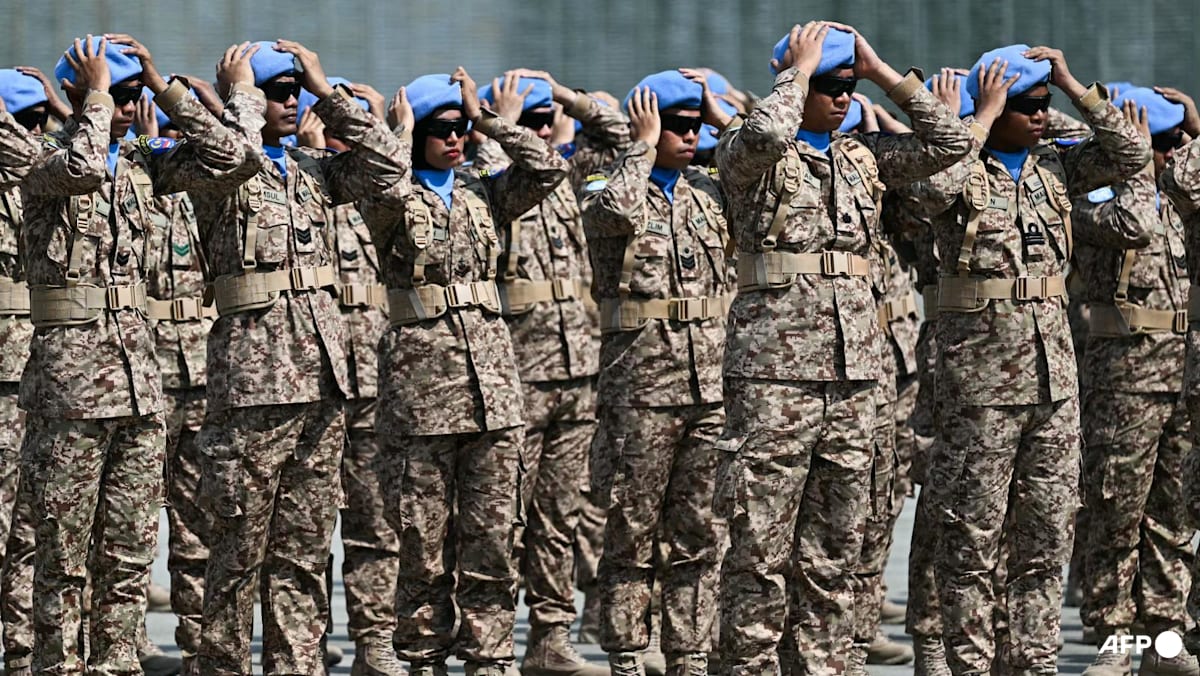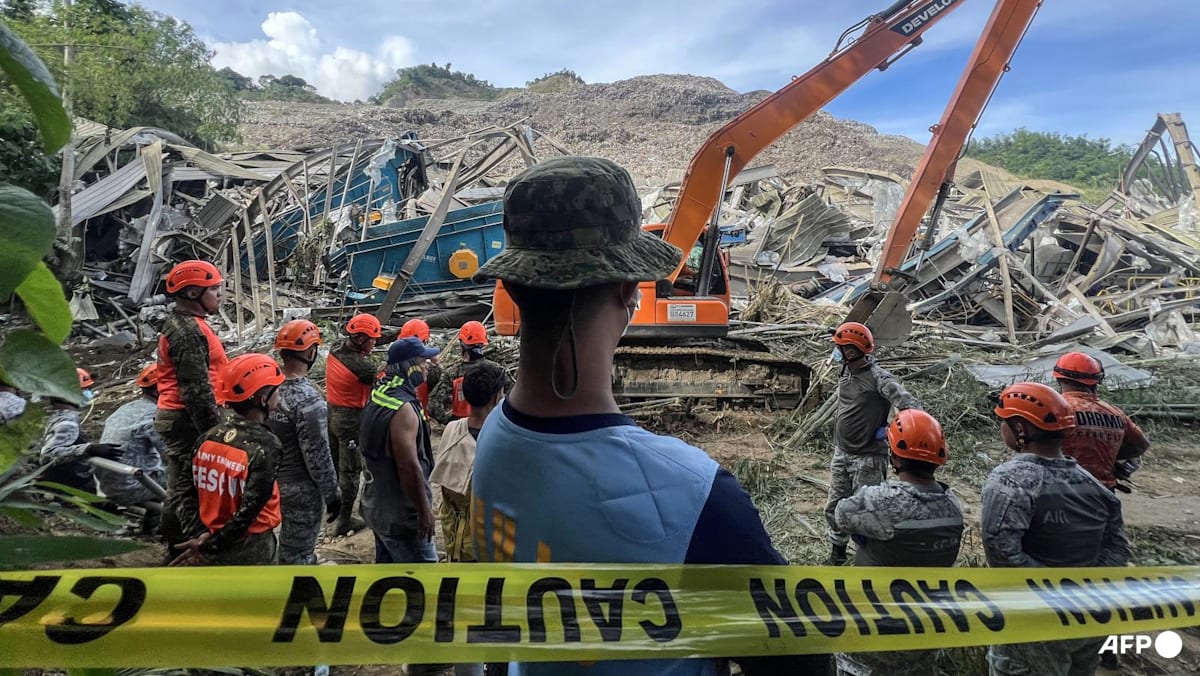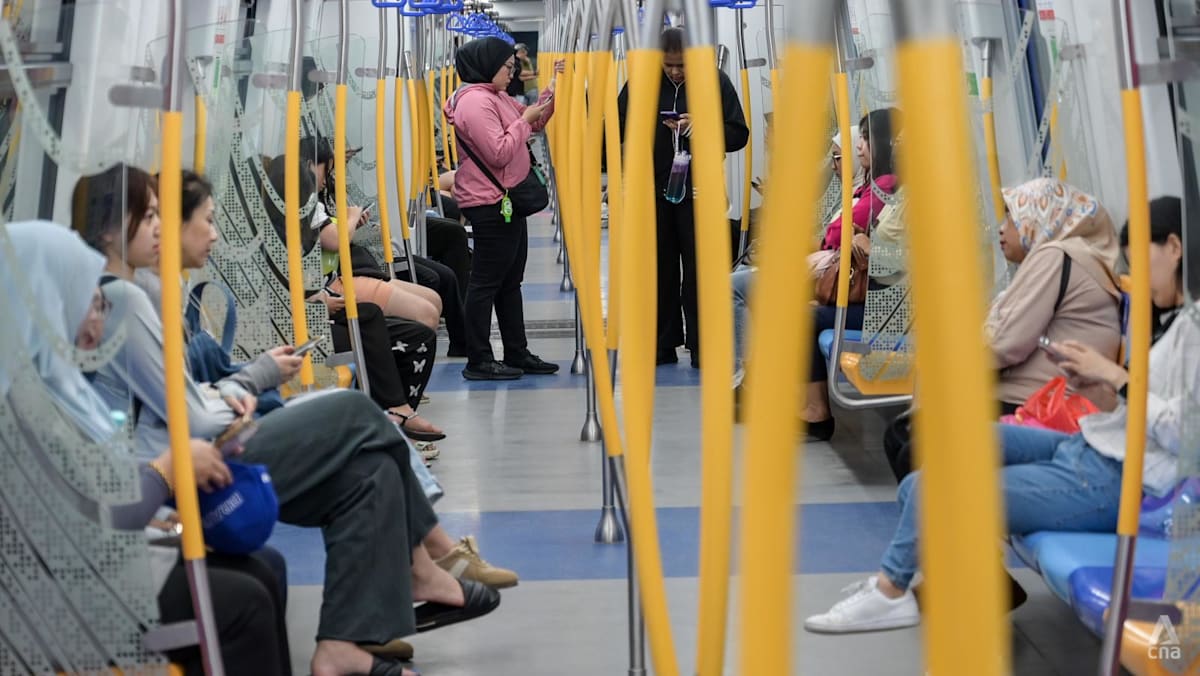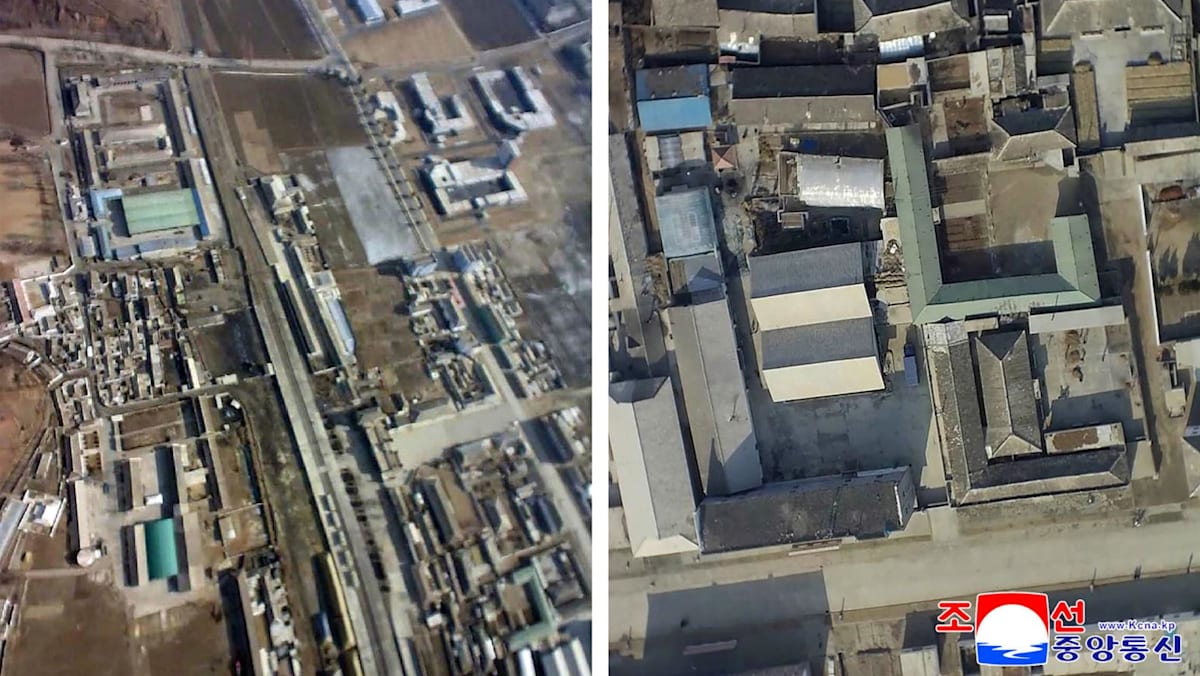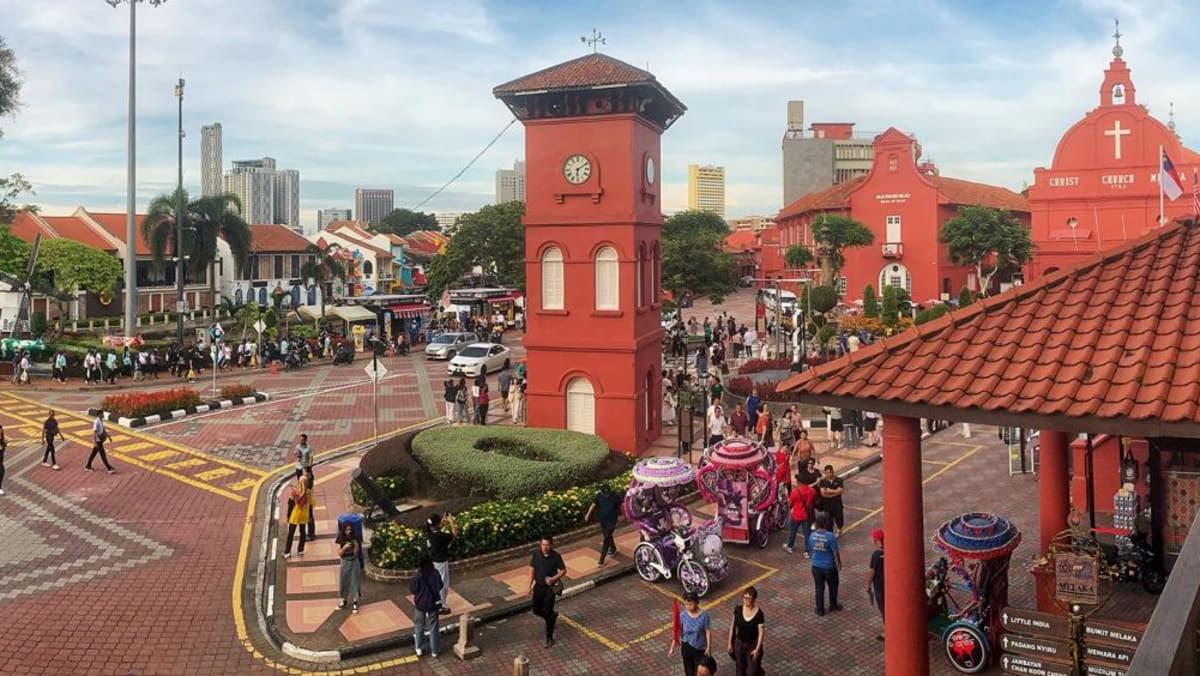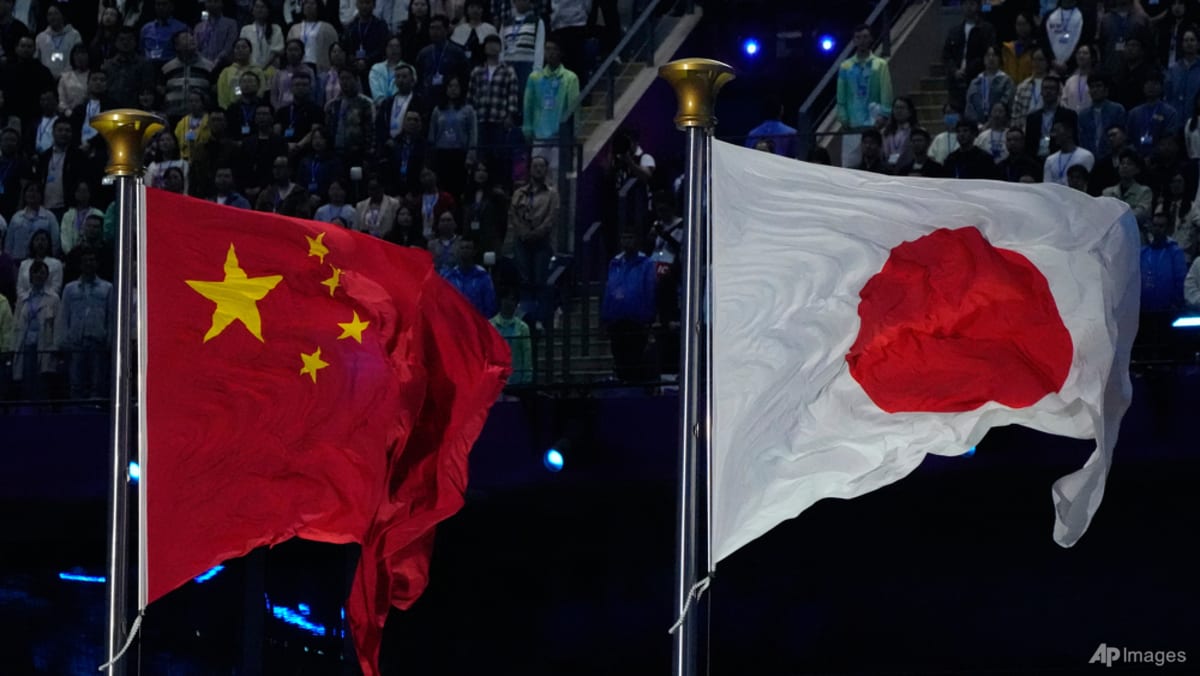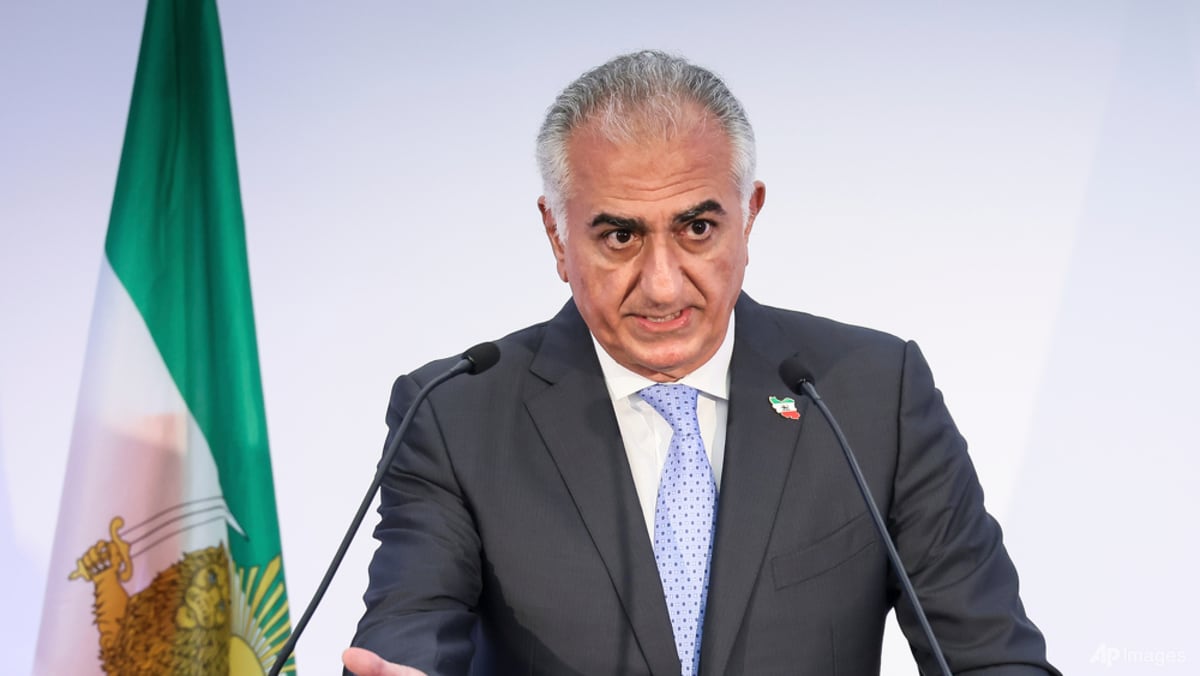Separated but not forgotten: South Korean adoptees look for their birth parents
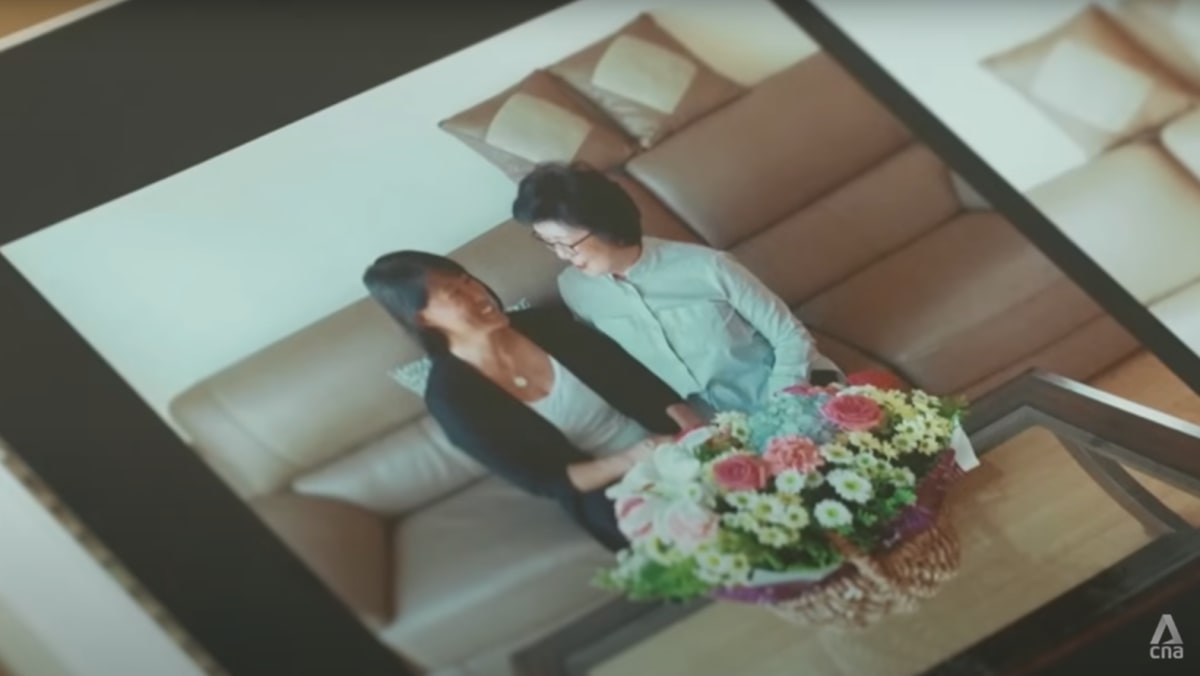
SOUTH KOREA’S FLAWED ADOPTION SYSTEM
Driven by poverty, South Korea used to be the world’s largest source of babies for adoption.
It began with Korean women wanting to give away babies they had with Western – mostly American – soldiers during the Korean War in the 1950s.
However, the practice soon expanded to poor families, orphanages and unwed mothers, as the business reportedly brought millions of dollars into South Korea.
Overseas adoptions peaked in 1985 when nearly 9,000 babies were sent abroad. These numbers gradually fell as the South Korean government promoted domestic adoption.
About 200,000 babies in total have been sent overseas since the 1950s, but the circumstances under which they were allowed to be adopted have been called into question.
In recent years, reports have emerged of newborns being kidnapped or taken away by doctors who claimed they were dead or sick.
Amid heavy criticism for issues like alleged falsified paperwork and human rights abuses, the adoption system will soon undergo drastic changes.
The government is set to implement reforms and take over the adoption process – currently managed by private agencies – in July next year. It promised that the new state-led system will safeguard children, promote domestic adoptions, and reduce the number of children sent overseas.
Meanwhile, Ms Pennell, who has continued with her search for her mother, does not plan to give up.
“I just want to hold her. I just want to know that she’s okay and that it was hard for her, because I’m sure it was,” she said.
Source: CNA


